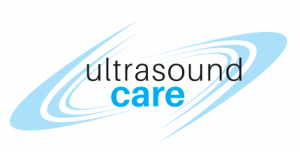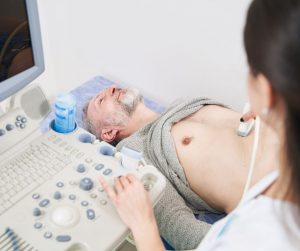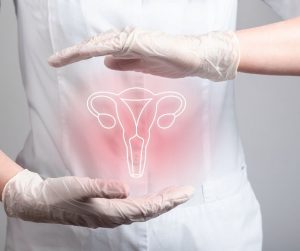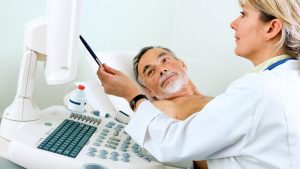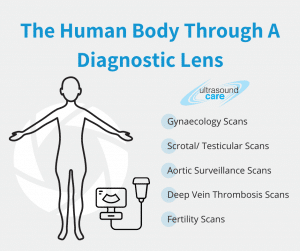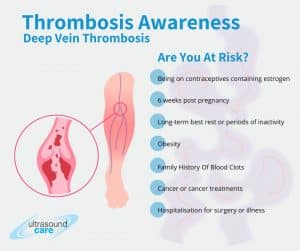Blogs
Read our Blogs & Latest News Today!
Private Ultrasound Scan
At Ultrasound Care, we aim to be your trusted provider for a private ultrasound scan. We are dedicated to offering high-quality diagnostic imaging services in a comfortable and welcoming environment. Our welcoming and professional atmosphere is designed to make your experience as stress-free and comfortable as possible. Whether you are visiting us for a routine…
Read MoreWomen’s Ultrasound Check
Women’s Health Check: Leveraging Ultrasound Scans At Ultrasound Care, we understand the challenges women face in prioritising their health, which is why we offer comprehensive women’s health check ups through advanced ultrasound scans. Providing a convenient and effective solution for proactive healthcare management. Women often find themselves juggling multiple roles and responsibilities, from career pursuits…
Read MoreMen’s Health Check Ups: The Importance of Ultrasounds
Routine men’s health check ups are not just a proactive measure; they are pivotal in preventing diseases and ensuring early detection. It’s a key aspect of overall well-being. When we talk about men’s health check ups, one essential tool stands out for its pivotal role in diagnosis and monitoring: ultrasounds. These non-invasive procedures have revolutionised…
Read MoreMedical Ultrasound Awareness Month 2023
October is not just about pumpkins and Halloween; it’s also Medical Ultrasound Awareness Month! This October, we join hands with healthcare professionals and organisations around the world to celebrate the vital role that medical ultrasound plays in healthcare. Medical Ultrasound Awareness Month is dedicated to raising awareness about the incredible benefits of ultrasound technology and…
Read MoreWhat To Look For In A Testicular Self-Exam
Testicular self-exams are an important part of health and well-being for men from puberty onwards. Due to the stigma around this, many males don’t find changes in their testicles quickly; however, at Ultrasound Care, we feel it is vital to encourage men to regularly check themselves with a self-examination. Book Here! How To Check Your…
Read MoreThe Human Body Through A Diagnostic Lens
It is very rare that you can see the human body in such finite detail unless you are looking for something specific in a medical capacity. Diagnostic ultrasound scans are a way of taking an in-depth look at the human body and how it is functioning. More often than not, you will be referred for…
Read MoreThrombosis Awareness
Thrombosis is a condition that remains a major cause of death throughout the UK. Unfortunately, many people have little or no understanding of the condition in terms of causes, effects, and prevention. It is a condition where blood clots form. These can either occur in the lower leg, known as Deep Vein Thrombosis (DVT), or…
Read MoreNational Infertility Awareness Week 2023
Infertility is often a condition that is experienced quietly, leaving people feeling isolated and alone. It is important to remember that 1 in 7 couples are unable to conceive across the UK, meaning this is not an uncommon condition. With so many people potentially suffering and not knowing where to access support or guidance, National…
Read MoreNew Year, Self-Care
Every new year brings new challenges and changes to your routines of life. Why not make a change that betters your health this year? Self-care can include a wide range of things, for example, sleep, exercise, better nourishment, finding more relaxation techniques, or finding ways to take better care of yourselves and your health in…
Read MoreLondon Gynaecology & Infertility
Gynaecology is a specialist area of women’s health and well-being. It is therefore important for women themselves to understand and realise what the signs and symptoms are and when you would need to contact your GP. In London, we have our Ultrasound Care clinic open for private gynaecology scans including pelvic well-being scans, fertility scans…
Read More